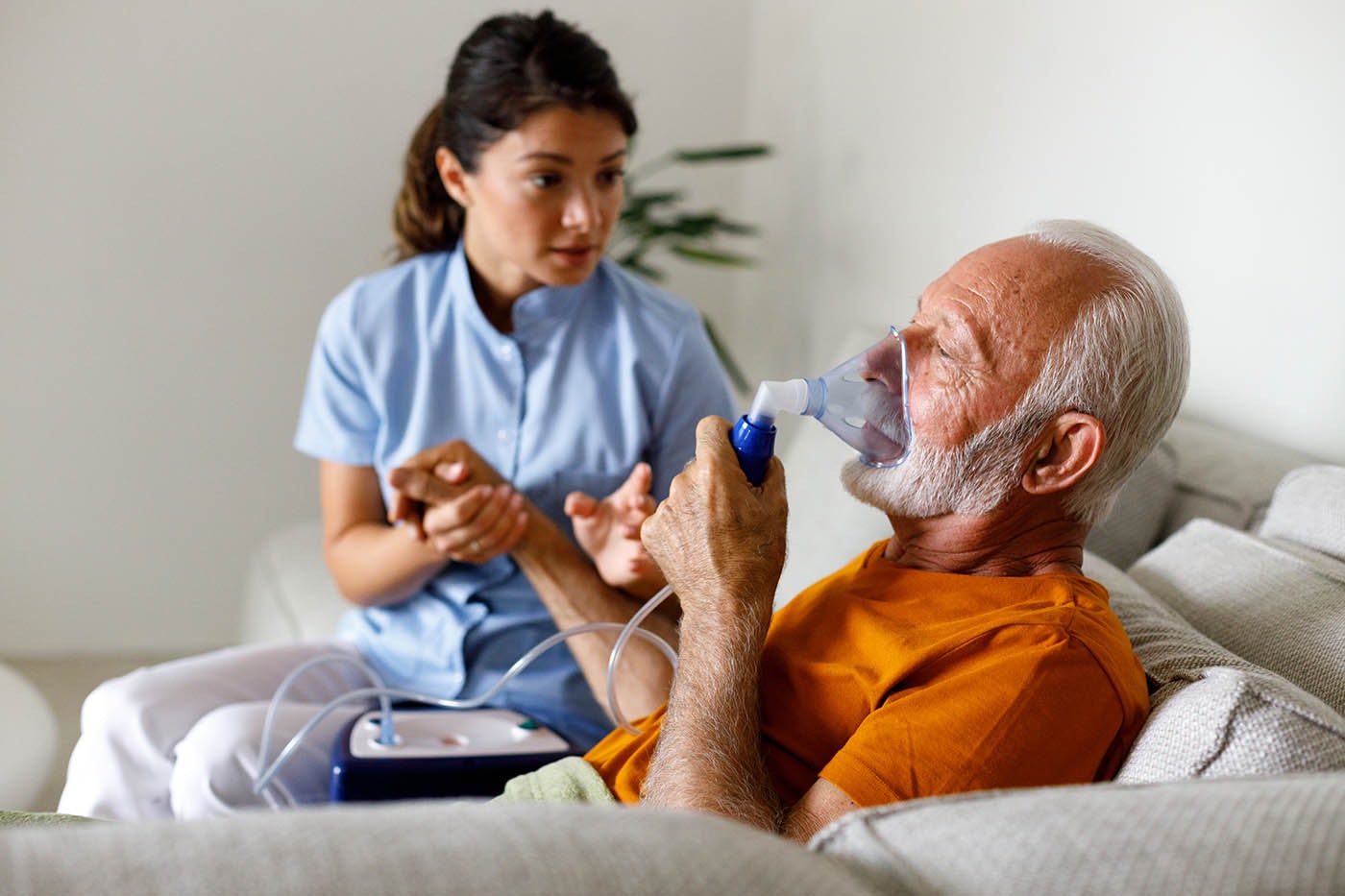A not-for-profit organization dedicated to helping patients manage the distressing symptoms of chronic or serious illnesses. Our palliative care services are designed to support patients while they continue pursuing curative treatments. We proudly serve patients and families across Manhattan, Brooklyn, Queens, the Bronx, and Nassau County.
MJHS Palliative Care Services

Provided Alongside Curative Treatment
We can provide palliative care at any stage of a chronic or serious illness, and it may be provided while a patient is still seeking curative treatment.
Learn More
Customized Plan of Care
Our specialists assess your condition, collaborate with your doctor, and create a personalized care plan based on your goals. We provide compassionate support tailored to your needs throughout your health care journey.
Learn More
Symptom Management
We focus on alleviating distressing symptoms and pain associated with a serious or chronic illness, enhancing quality of life and supporting physical and emotional well-being.

Care Coordination
Our palliative care team collaborates closely with your primary care physician and treating specialists to ensure your care plan evolves should your condition change over time. We also assist with medication management, monitoring, and adherence, ensuring optimal symptom relief.

Education and Support
We provide comprehensive education and support to help our patients and their caregivers navigate the complexities of a chronic disease or serious illness with the goal of improving quality of life.
Learn MoreContact Us
Get in Touch with MJHS Palliative Care
Whether you or a loved one is facing a serious illness, we are here to help. Our expert team focuses on managing symptoms, easing stress, and improving quality of life—while supporting you and your family every step of the way.
MJHS Palliative Care
Call
1-212-649-5250
Supportive Resources
The home is often the place where care begins—especially when supporting a friend or family member with a serious illness. Whether you are helping them manage symptoms, improve comfort, or navigate emotional and spiritual needs, we know your goal is to provide the best care possible. This section offers helpful information about palliative care at home to guide and support you along the way.

A Guide to Palliative Care
Palliative care is specialized medical care designed to help patients manage the symptoms and challenges associated with a serious illness.
Learn More
Getting Started with Hospice or Palliative Care
Whether you choose to continue curative treatment or transition to comfort-focused care, understanding the process and involving your loved ones can help you feel supported and prepared. Learn some common steps toward getting started with the process.
Learn More